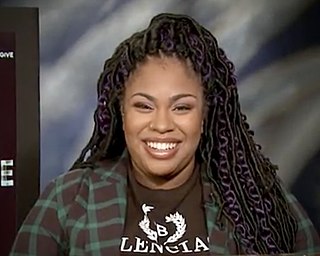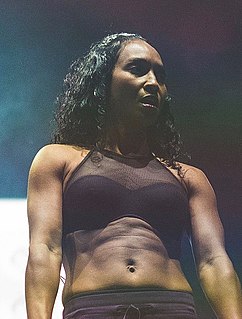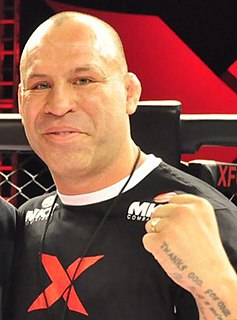A Quote by Jemele Hill
When a country doesn't respect Black lives, maybe it doesn't deserve to be entertained by Black athletes.
Quote Topics
Related Quotes
I hope that audiences understand that there is a precariousness to black lives in this country that we need to address, that there has always been a precariousness to black lives in this country that we need to address. In fact, our country is built on the precariousness of black lives, the disposability of black lives.
As a Black woman filmmaker I feel that’s my job: visibility. And my preference within that job is Black subjectivity. Meaning I’m interested in the lives of Black folk as the subject. Not the predicate, not the tangent.[These stories] deserve to be told. Not as sociology, not as spectacle, not as a singular event that happens every so often, but regularly and purposefully as truth and as art on an ongoing basis, as do the stories of all the women you love.
There is still an assumption among many people that to be black is to be lower class. In the last fifteen to twenty years, perhaps even further back than that, there's also been an explosion of a very wealthy black class in the United States, but those people are often treated as special cases: they're athletes, entertainers. Jay-Z. Basketball players. The country metabolizes the fact these rich black people exist, but it seems only to reinforce the idea that every other black person is limping along in poverty.
Black History is enjoying the life of our ancestors who paved the way for every African-American. No matter what color you are, the history of Blacks affected everyone; that's why we should cherish and respect Black history. Black history changed America and is continuing to change and shape our country. Black history is about everyone coming together to better themselves and America. Black history is being comfortable in your own skin no matter what color you are. Black history makes me proud of where I came from and where I am going in life.

































